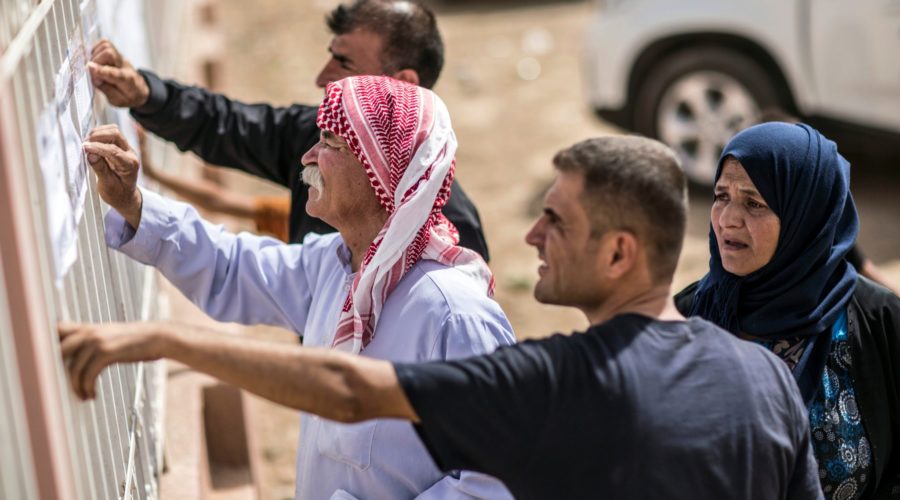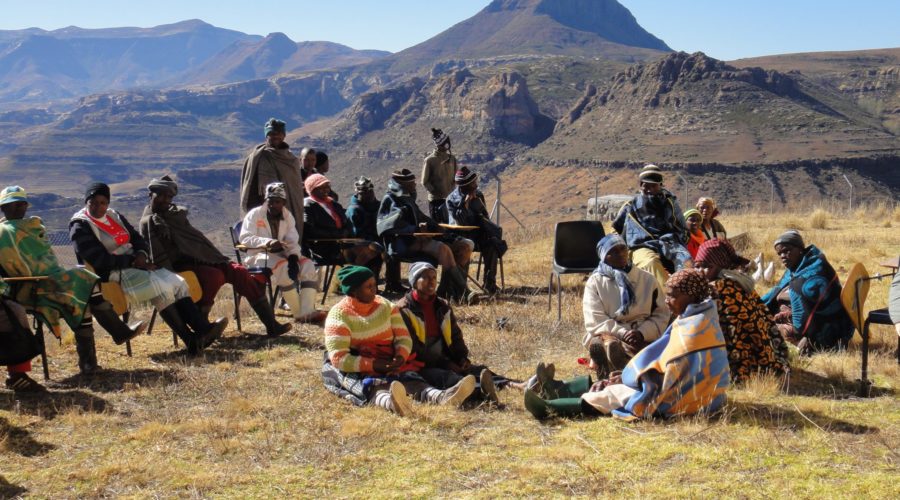Information management is central to humanitarian operations. It helps identify needs and determine what actions to prioritise. Information management also provides critical evidence for decision making when planning for responses. Reliable information and strong analyses improve the quality of actions. It also brings credibility to the system. However, information can be hard to receive due to restricted access and insecure environments, which can make information gathering difficult.
The Cluster Coordinators work with Information Management Officers to implement the information requirements decided by Humanitarian Coordinators and Humanitarian County Teams. This includes establishing a common platform, as well as systems for data to be processed and analysed into an accessible format for decision-making.The Humanitarian Coordinator and Humanitarian County Team are primarily responsible for providing the framework for Information Management Officersand the Information Management Working Group. The Working Group helps ensure that the links between information and the clusters, the inter-cluster group, and the Humanitarian County Teamare predictable and clear.
Kevin Kennedy, the Regional Humanitarian Coordinator for the Whole of Syria Response, identified key steps to support an information management system, which has been used in the Syria response.
- Invest in information management capacities and structures: Cluster Lead Agencies should commit resources to information management. Agencies should invest in qualified people and technical support to ensure data can be interpreted, while information can be produced and packaged.
- Build relationships: Senior leadership and the cluster coordinators should illustrate how information works for all actors in the response. If the value of information management can be shown, then more organisations will contribute their data. This will provide a stronger evidence base for decision-making.
- Standardise products: It is essential to have a common platform for information products. Technical experts should develop information protocols which facilitate data and information from multiple actors. This will contribute to a collective understanding of needs and issues that help the Humanitarian Coordinator and Humanitarian County Team.
- Focus on designated areas: The Coordinator and Humanitarian County Team(including members with a Cluster Lead Agency function) should do what is necessary to protect the Cluster Coordinators and IMOs from being diverted from their main purpose of supporting operations and the decision-making of Humanitarian Coordinators and Humanitarian County Teams.




